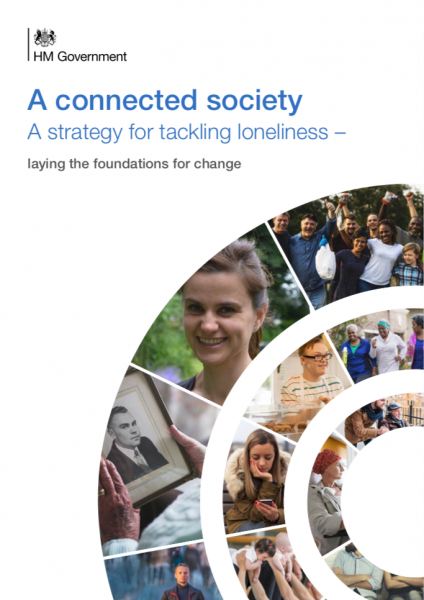Avid readers of the government’s loneliness strategy ‘A Connected Society’, will know that the government committed to a loneliness policy test. One of the main strengths of the test, in theory at least, is that it will be used across all government departments to assess policy changes. In this post, we look at why it is important for the next government to maintain momentum with the development of this test.
In November, Nicky Morgan (Secretary of State for DCMS) noted how DWP will add loneliness into the updated guidance for the Family Test. First put in place in 2014, The Family Test is used to consider how government policies will impact family relationships. Though more work into the effectiveness of The Family Test is required, the integration of loneliness as a question in this test is a vital first step for ensuring that loneliness is considered when forming new policies.
By being open about loneliness when formulating new policies, it is our hope that it will also encourage policymakers to reflect on how previous policies meet the criteria. To bring about genuine chance, then government needs to connect present priorities with past policy decisions to turn A Connected Society into a reality.
Take the recent introduction of Universal Credit. Some of our applicants have been unable to go online to make their Universal Credit applications. This might be because they have poor physical and mental health, can’t afford a broadband connection, or struggle to find somewhere use a computer. The result: funding is stopped and people struggle to buy food and essential items which they need in order to survive. Policy change, in this case, has for some of the most vulnerable people in society exacerbated, caused loneliness levels to increase.
By asking questions of previous policy changes, they’ll be an opportunity to re-think what different government departments can do to help people around the UK to forge and facilitate connections.
In sum, the inclusion of a loneliness measure in the Family Test is critical for ensuring that government departments are held to account for their progress in tackling loneliness. By retrospectively measuring key welfare policies against this new loneliness measure, government will be in a much stronger position to deliver the connected society it set out last year.



